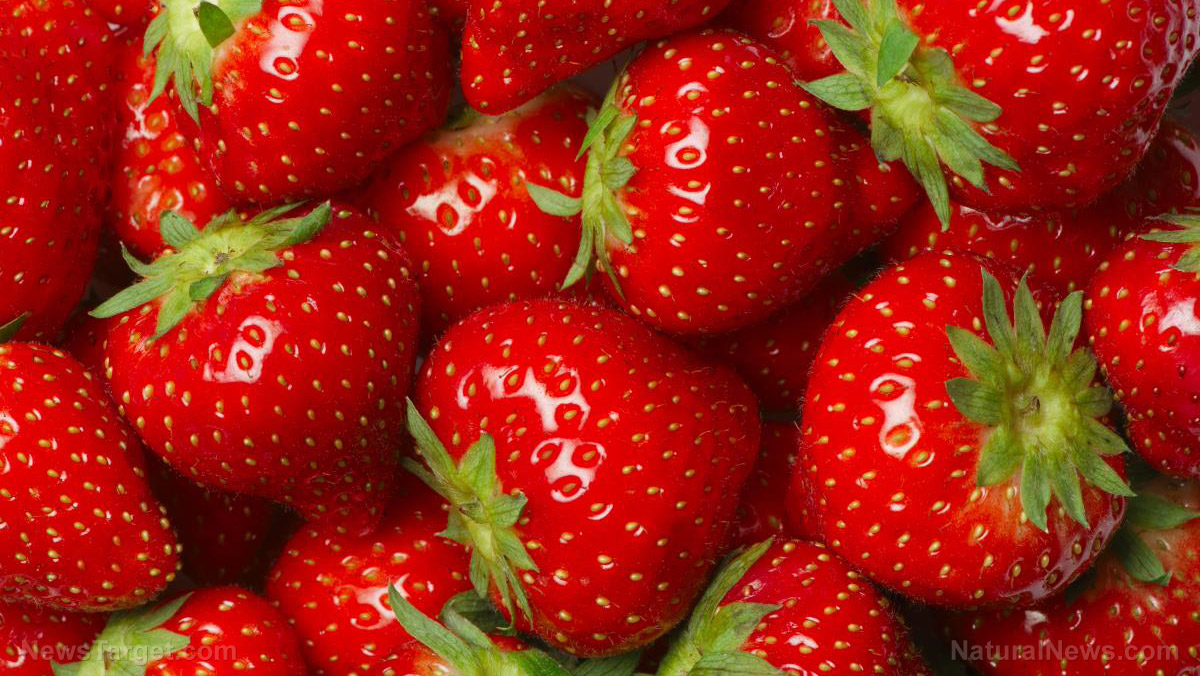Research finds that MSG is dangerous to liver health
07/19/2018 / By Isabelle Z.

MSG is a common flavor enhancer, and many people swear that certain foods simply don’t taste the same without it. That better taste, however, comes with a price as MSG is known to cause a variety of health problems. Research shows it’s particularly dangerous for the health of your liver.
In a study published in the Journal of Autoimmunity, Japanese researchers found a connection between this toxic ingredient and liver inflammation. They found that MSG induces obesity and diabetes by causing liver inflammation and the accumulation of fats in mice. Another study involving some of the same researchers that was published in the Journal of Medicinal Food found that MSG was a critical factor in obesity, even among people who ate a calorie-restricted diet.
Animals that consumed MSG demonstrated signs of nonalcoholic steatohepatitis, a type of fat accumulation in the liver linked to metabolic syndrome – a precursor to diabetes – along with inflammation.
Meanwhile, a study out of Mexico revealed that high concentrations of MSG in the central nervous system lead to premature cell death, hurting the neuroendocrine system, organ functioning, and blood flow. The scientists reached their conclusions after injecting rats with high doses of MSG, which they discovered made its way through the blood-brain barrier and spurred severe damage to the liver and kidneys. This also caused neurons in the brain to become overstimulated to the point of dying.
Liver damage may be one of the less obvious problems caused by MSG, but there are some more visible symptoms of a reaction to the chemical that you may already be experiencing. These include sweating, flushed skin, headaches, nausea, heart palpitations, facial pressure, weakness, and numbness. Food-sensitive people tend to be hit especially hard by the symptoms, and it can trigger migraines in those who are prone to them.
If it’s so bad, why is it used in food?
You might be wondering why food companies continue to use this dangerous ingredient. The truth is that MSG is what makes food addictive. It triggers an insulin spike inside your body because it causes your appetite to grow out of control and encourages you to overeat. Your body doesn’t need to break down this free form of glutamate, which means it’s rapidly absorbed.
If there is a certain food that you always find yourself binging on, it’s quite possible that it contains MSG. It’s essentially designed to spur overeating and boost food sales.
Look out for hidden sources of MSG
Many people tend to think that MSG is only used in food from Asian restaurants, but it can actually be found in a surprising number of everyday foods. If you want to avoid this dangerous chemical, you’ll need to check the labels carefully on products like soups, spices, snacks, chips, and ready-made meals, along with sauces like soy sauce and meats like marinated meat and lunchmeats.
It’s important to keep in mind that the ingredient is often masquerading under another name on ingredients lists. For example, in may be listed as “yeast extract,” “textured protein,” “hydrolyzed vegetable protein” or “natural meat tenderizer.”
Another problem is that FDA and USDA regulations only require the disclosure of MSG when it has been added as a single ingredient. When it’s included as part of another ingredient in a food – such as broth, enzymes, or soy protein – it does not have to be listed separately. Therefore, you can even find it in some products that claim to be natural and organic.
The best way to avoid it, therefore, is by making your own food using natural, organic whole food ingredients. Taking matters into your own hands is the only way to give yourself peace of mind that what you’re consuming will enhance your health instead of destroying it.
Find more news coverage at MSG.news.
Sources for this article include:
Tagged Under: disease causes, groceries, ingredients, liver damage, liver health, migraines, monosodium glutamate, MSG, soy sauce, toxic ingredients, toxins




















